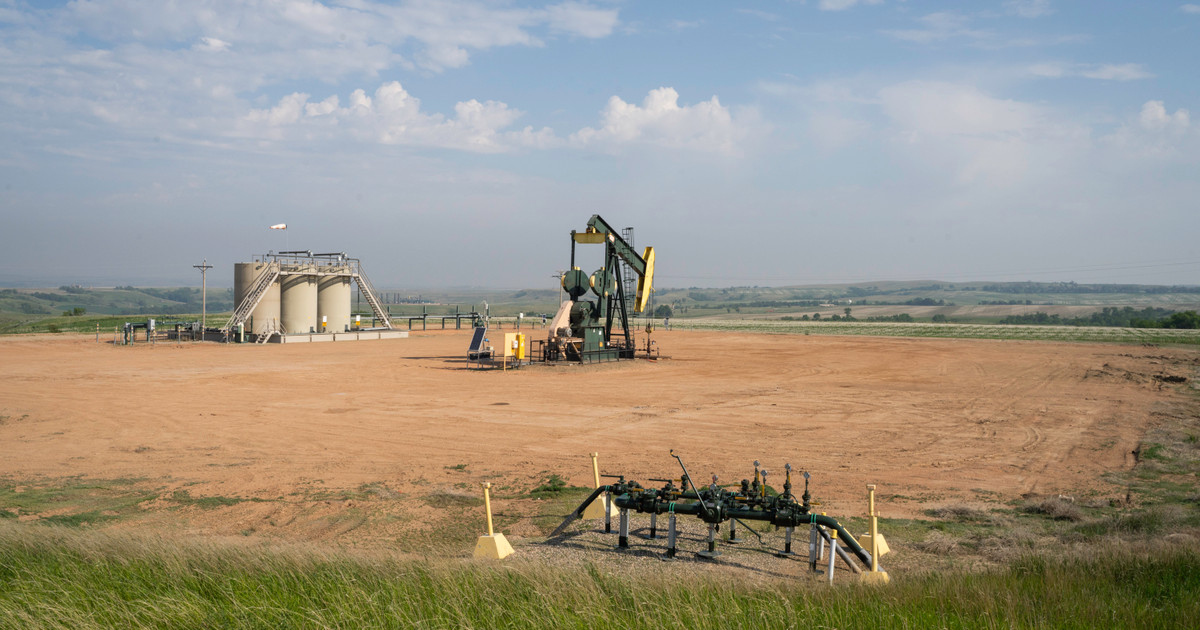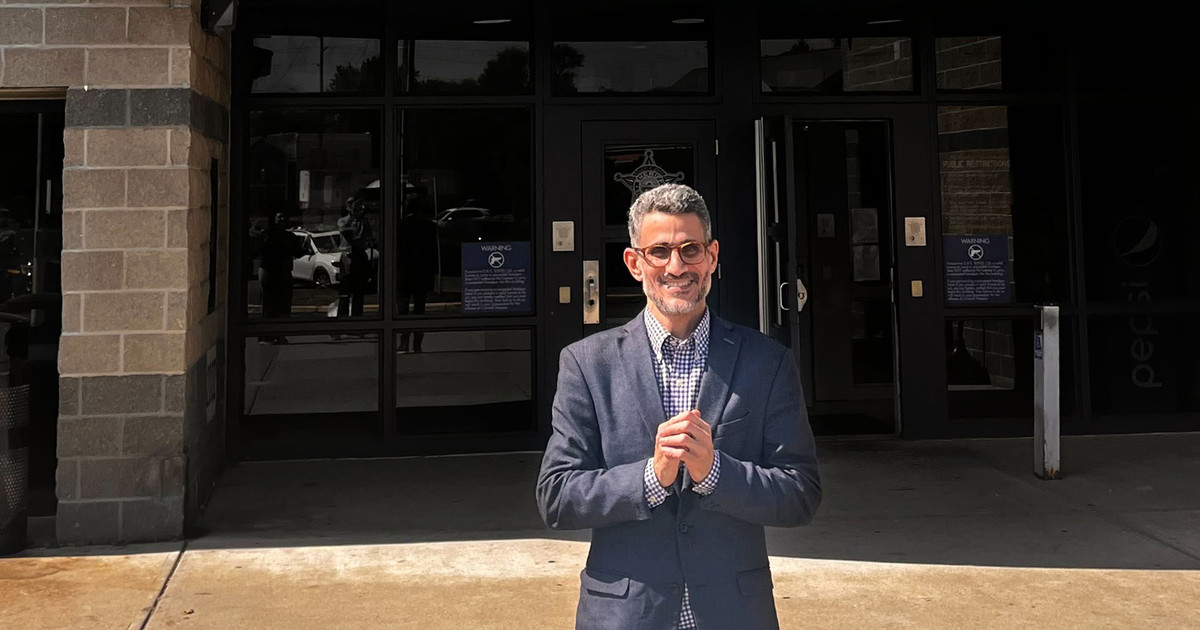
For years, mineral owners in North Dakota have voiced their concerns over the state’s failure to address the deductions being taken from their oil and gas royalties. As companies increasingly reduce the income that these owners receive, lawmakers are beginning to take notice and are calling for action to safeguard the rights of these individuals.
In response to a recent investigation conducted by the North Dakota Monitor and ProPublica, over half a dozen state lawmakers have expressed the need for a dedicated committee to study the issue and propose actionable solutions ahead of the 2027 legislative session. Among the proposed changes are measures to prohibit deductions unless explicitly allowed in the lease agreements and requirements for companies and mineral owners to renegotiate their contracts every few decades.
The North Dakota Legislature convenes every other year, and past attempts to protect private mineral owners were rejected in both 2021 and 2023. This year, lawmakers chose not to address the issue during their sessions. “It will definitely come up in 2027,” said Senator Chuck Walen, a Republican from New Town. “I don’t know what the outcome will be, but it will definitely be coming up.”
Currently, North Dakota’s state-owned royalties are protected by legislation enacted in 1979, which prohibits deductions in state leases. However, this protection does not extend to the approximately 300,000 private mineral owners in the state, leaving them vulnerable to significant revenue losses.
“I definitely think something has to be done, especially since the state has protected itself,” remarked Representative Patrick Hatlestad, a Republican from Williston. “I think it needs to do something similar for its citizens.”
Lawmakers are also considering revisiting the state’s postproduction royalty oversight program, which was established in 2023 to address mineral owners’ frustrations regarding postproduction deductions. These deductions cover the costs of processing and transporting the minerals after extraction but before sale. Unfortunately, the program has yet to resolve any cases as of August and has not significantly alleviated concerns among mineral owners.
Understanding the implications of these deductions is critical. Mineral owners possess the rights to the oil and gas beneath the earth’s surface, allowing them to lease these rights to companies for a share of the generated revenue known as royalties. However, as the industry has evolved over the years, the costs associated with transporting oil and gas have increased, leading companies to pass on these expenses to mineral owners. North Dakota courts have generally ruled that such deductions are legal unless explicitly prohibited in the lease agreements.
Many of the leases in question were signed decades ago and do not address the issue of postproduction deductions. Moreover, these leases do not expire unless oil production ceases, which means mineral owners are often bound by outdated agreements. In the past decade, the prevalence of deductions has surged, with estimates suggesting that around 20% of royalties are deducted on average, potentially costing mineral owners approximately $1 billion in 2023. The North Dakota Petroleum Council estimates that companies withhold hundreds of millions of dollars from mineral owners each year.
Several lawmakers, including Republican Representative Don Longmuir, are advocating for a thorough study by an interim legislative committee to devise a plan before the 2027 session. Longmuir emphasized the need for proactive measures, stating, “We can’t wait until the session starts. That’s something that you know really needs to happen before session starts, so that maybe they can come up with something.”
The decision to assign a new study to an interim committee requires input from Senate Majority Leader David Hogue, who expressed openness to the idea but emphasized the need for further education on the issue. “I really need to do more self-education right now,” Hogue stated, acknowledging that the recent reports have raised awareness of the challenges faced by mineral owners.
Senator Dale Patten, who has previously chaired the Senate Energy and Natural Resources Committee, indicated his willingness to consider a formal legislative study, contingent on input from the entire Legislature. “I would be comfortable with taking a look at it and see if there’s a way to resolve it,” said Patten.
Some lawmakers are already brainstorming potential legislative measures for the next session. For instance, Senator Jeff Magrum proposed limiting the duration of leases to 30 years, allowing future generations of mineral owners to renegotiate contracts and encouraging companies to adopt fairer practices. “I don’t think it’s right for someone that’s not even born yet to have to honor a contract that I signed today,” Magrum argued. His previous proposals addressing property rights have met with limited success.
Despite the challenges, there is a growing consensus among some lawmakers that existing leases may need to be reevaluated. Representative David Richter highlighted the ambiguity surrounding deductions in current leases and suggested that state legislation could clarify these issues. He expressed a preference for renegotiating contracts between companies and mineral owners but acknowledged the need for legislative support if that does not occur.
Senate Minority Leader Kathy Hogan, a Democrat from Fargo, strongly advocated for a law prohibiting companies from taking postproduction deductions unless leases explicitly allow it. “We could write legislation clarifying this easily,” Hogan asserted, lamenting the legislative inertia on this pressing issue.
Industry representatives have responded to these proposals with caution. Ron Ness, president of the North Dakota Petroleum Council, argued that many of the suggested measures would infringe on mineral owners’ property rights and disrupt the contractual agreements between private parties. “We believe direct state involvement/interference in the contractual agreements of hundreds of thousands of private mineral leases is the wrong approach,” Ness stated.
Governor Kelly Armstrong, who previously worked in the oil industry, has not publicly commented on the proposals but has expressed a willingness to explore adjustments to the royalty oversight program. During a recent radio appearance, he indicated that the program’s shortcomings should be addressed.
Nevertheless, some lawmakers maintain that the current framework is adequate for fostering continued investment in North Dakota’s oil and gas industry. Senator Kent Weston, a Republican from Sarles, described the existing situation as “fair” and essential for ensuring industry growth.
As the dialogue surrounding mineral owners’ rights and royalty deductions evolves, the upcoming legislative session will be crucial in determining the future landscape of oil and gas leasing in North Dakota.


